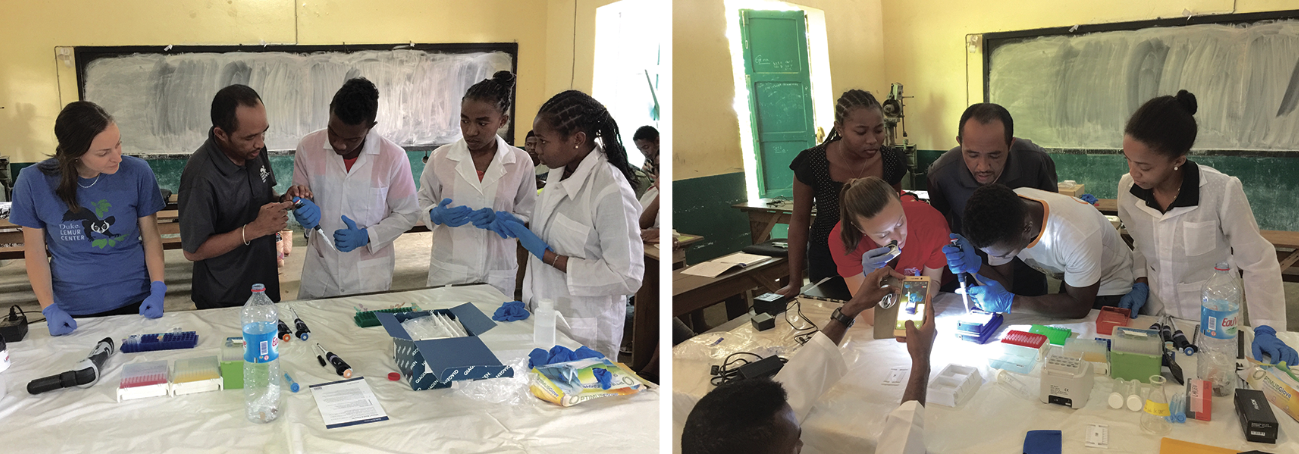Playtime for Lemurs: The Value of Enrichment
Lemurs are intelligent, and because they’re intelligent, they can get bored. So, 365 days of the year, the DLC’s dedicated Primate Technicians help ensure that our lemurs’ lives are interesting. One of those technicians is Kate Byrnes, a four-year veteran of the DLC who works closely with Curator of Behavioral Management Meg Dye to provide novel […]


